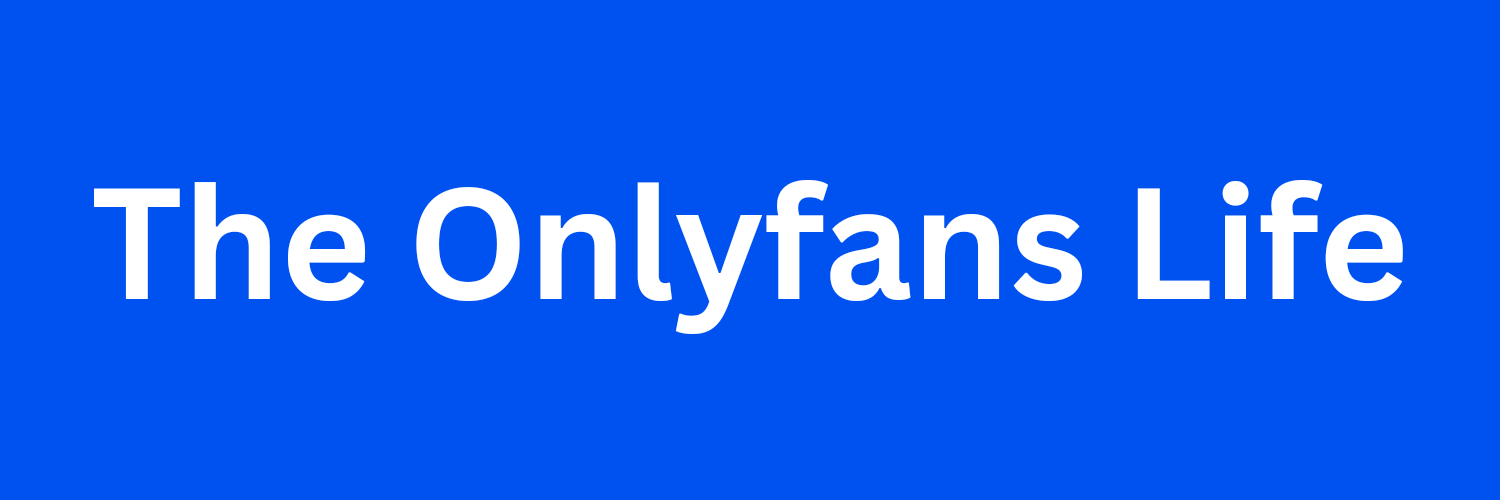
Premise: Personally, I do not agree with the dismissal of Elena Maraga, the kindergarten teacher deemed guilty of having a profile on Onlyfans. I firmly believe in personal freedom, both of thought and expression, and I do not believe that the two work areas enter direct conflict, except from the point of view of the so -called “decorum”. This word, decorum, so vague and abstract, however constitutes the architrave of all professional codes. But what is really understood by “decorum” nobody can say it with certainty, because it is a social construct that changes in time and space.
But what really is the decorum?
What is considered indecorous today may not be in twenty years, and what is deemed decent in Italy may not be in the Middle East. This total emptiness of the concept of decoration represents a serious problem for professionals, of any category. In fact, if the interpretation of what is “decent” is based on abstract and widely subjective criteria, it risks inducing a form of self -censorship and limitation of personal freedom. If this limitation is functional to the correct performance of the profession, nothing to complain. But if it is a question of image, and therefore of appearance, then the matter is complicated, because you enter the field of subjective morality. Having said that, the socio -cultural rules exist, whether we like it or not. We can criticize them, try to modify them, but we cannot ignore them.
This is how Onlyfans thrives
If Elena Maraga’s intent was to challenge these rules, then she hit the goal: everyone speaks of her and her history. If, on the other hand, his purpose was to eluder them, unfortunately he sinned with naivety. The moral rule that struck Elena Maraga inevitably has to do with the taboo of sex, which, despite a certain liberalization in recent years (there is even an ateco code for those who work in the sexual sector), continues to persist in our society, especially towards women. However, it is good to recognize, avoiding hypocrisy, that platforms like Onlyfans thrive thanks to this taboo. Their interest is that social censorship in sexuality is neither too rigid (otherwise they would risk illegality), nor too weak.
Without taboos there are no limits
If this latent cultural censorship on sexuality did not exist, the profits of the digital sex work industry would be decidedly lower. Precisely because showing himself in an explicit way is still perceived as “not very moral”, this generates excitement and, consequently, purchases. If in a hundred years the morality should change, and sexualization became something totally socially accepted, do you really believe that platforms like Onlyfans would be so relevant? Absolutely not. This is the great paradox of sexualization: it needs taboos to thrive.
Without taboos there are no limits, and without limits the adrenaline is also disagreed to break them. It is also for this reason that those who work on Onlyfans often find themselves having to gradually extreme their contents: sex, like all material pleasures, generates addiction. And to maintain their subscribers, you are often forced to go further and further, even beyond the boundaries that would be functional to their psychological and customers’ well -being. It is a trap from which it is difficult to go out, if not imposing limits. Limits that should not be calibrated on social norms, as well as on one’s personal sensitivity – despite the awareness that living in a society means, always and in any case, also confronting the morality of others.
This post was originally published on this site be sure to check out more of their content.







